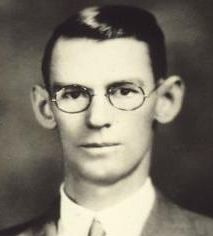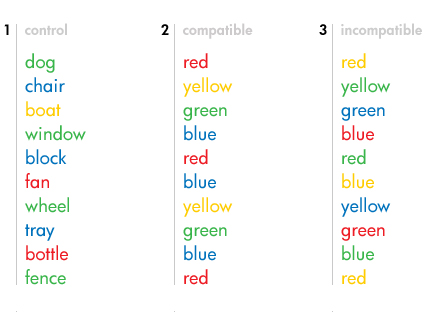In a landmark experiment in 1935, John Ridley Stroop demonstrated a cognitive effect which has fascinated psychologists for centuries. In the first of a series of experiments reported in his dissertation, Stroop asked participants to read the names of a list of colour words (e.g. blue, red, etc) under two conditions. In the first condition, participants were asked to read words that were printed in black ink whereas in the other condition they were expected to read words which were printed in ink colours that did not match the color names. For example, the word blue may have been printed in red ink (i.e. blue – in this case, the correct answer would have been blue). In this experiment, Stroop found that there was no significant difference in performance between the two conditions. Continue reading
The Stroop Effect Experiment
Leave a reply



